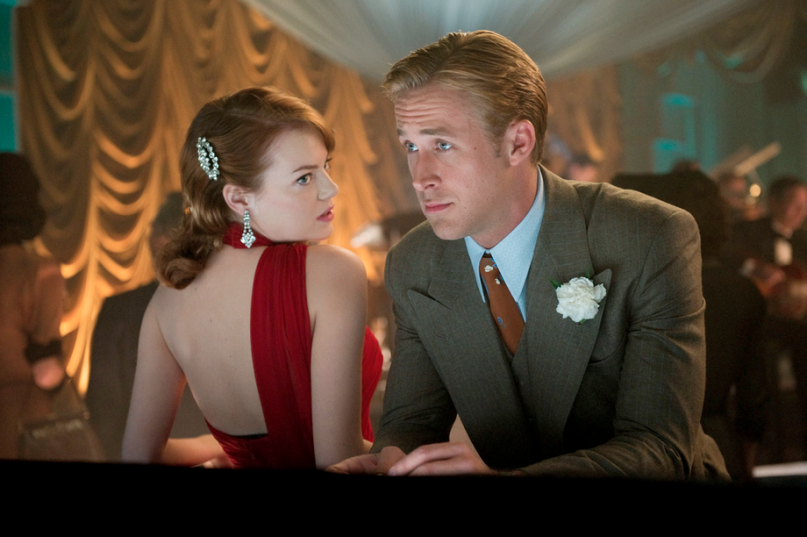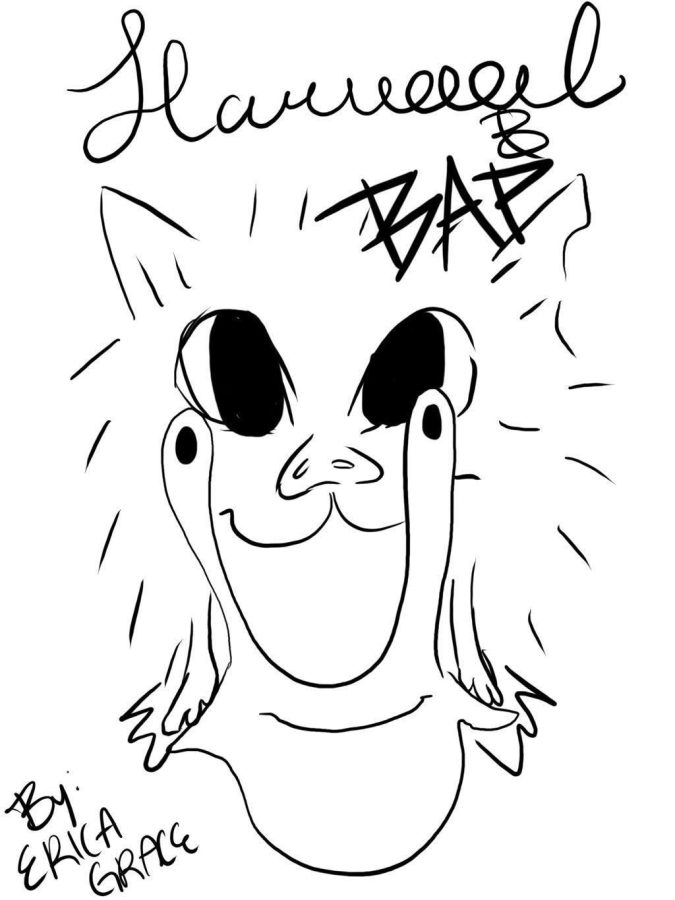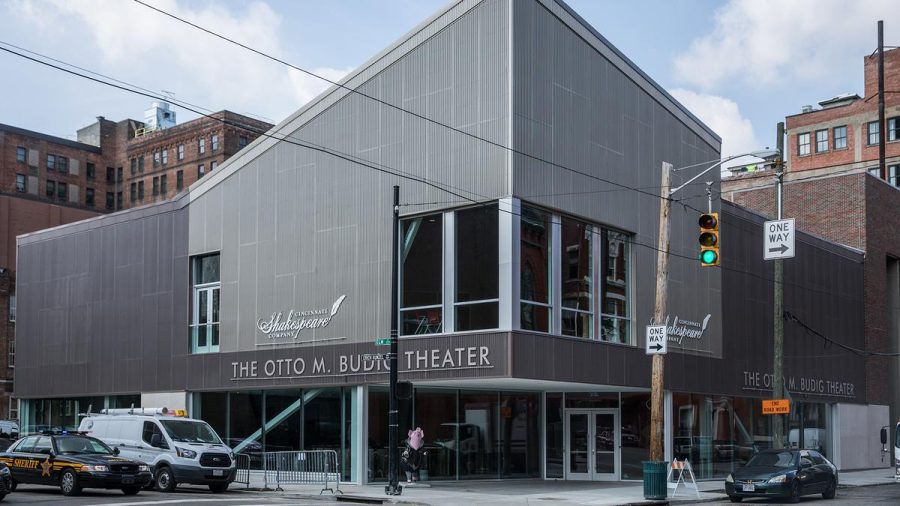By Anna Beyette ’17, Contributor
We’ve all heard about La La Land. If you watched the Golden Globes, you heard its title at least seven times as it won all seven of its nominations. When I was asked to write this review, I researched the movie a little bit before seeing it. It’s billed as a fairly standard romantic comedy, in which a struggling actress Mia, played by Emma Stone (the irony was not lost on me), meets a struggling jazz pianist Sebastian, played by Ryan Gosling, and, you guessed it; they fall in love. Of course this rom-com is different from all the others because it’s a musical! To be honest, although I love both musicals and movies, I don’t really like most movie-musicals (movicals.) Often times, the big musical numbers feel forced or seem to abruptly jerk you out of the storyline. Frequently, the songs take over important acting and plot moments and distract both the actor and the audience from the larger emotion of the scene. So, despite the killer cast (yes, John Legend makes an appearance), I was expecting La La Land to be cliché, to say the least.
I sat resolute in the movie theater, pretty sure this would be another Grease: cute, fun, but lacking much substance. I spent the next 2 hours and 8 minutes pretty much floored. Nothing about this movie was how I expected it to be. From the very opening scene (which was in fact a musical number), I felt that this movie had a deeper meaning than it was billed to have. The movie opens with LA’s bumper-to-bumper morning traffic, looking in through each car’s window, hearing different music playing in each car. Immediately, the audience is grabbed by the individuality of each person. The movie questions us from the opening moments to the credits: What are your dreams and how do other people play into them?
Watching the main characters and everyone around them fight to find their place in the world was very comforting to me, as someone who has little idea what I want to do with my life. Although I connected on a personal level to Mia’s struggle as an actress trying to “make it” in a competitive world, I felt very distinctly that this movie would speak to anyone who has a dream. The movie perfectly shows the conflict between passion and reality. How far should you go before it’s no longer worth it? It also raises the point that humans do not have just one dream. Sometimes one choice will alter your life completely, but that’s not to say that one path is more or less happy than the other would have been.
Alright, I admit it: I loved the music. I would even go so far as to say this movie would not be right without the music. What makes this movie different from other movicals is that the music is so ingrained in the story line that when a character begins singing, it feels natural instead of abrupt. In any musical theater class, your director will tell you that in a musical you start singing because there is no other way of expressing your emotions. Songs are an expression of emotions so deep that they cannot be put into words. Most movicals lack the emotion behind the songs so they come off as trite, or disruptive. In La La Land I felt that the characters could not have put their thoughts into words better than the songs dud. The whole soundtrack had the effect of pulling the audience into the lives of the characters. The constant ebb and flow of the backtracking suggested one’s constant movement through life, love, and upended ambitions. There was one scene where Sebastian was walking along a pier at sunset and suddenly he was singing. It happened so effortlessly that I barely noticed he was singing at first. This scene so perfectly reflected those moments where life just seems to look you straight in the eyes and wait for you to do something. That song, entitled “City of Stars”, won a Golden Globe.
“You’re holding on to the past, but jazz is about the future,” John Legend (I never really caught this character’s name but apparently it’s Keith) tells Sebastian. Although he’s talking about jazz literally, this line pinpoints one of the biggest themes of the movie. Life is about the now and the next. The choices you make now influence what happens next, so choose carefully. Whatever you choose, there will be ups and downs. Life isn’t choreographed, and sometimes you just have to sing on piers at sunset. So jump in. Don’t worry what people think, do what you care about for your own sake, not for those watching.
This movie is headed to the Oscars, probably with a long list of nominations. I unequivocally recommend this movie to everyone, even movicals haters. Its clear message is an important one. So, to quote the movie: “Here’s to the fools who dream.”







